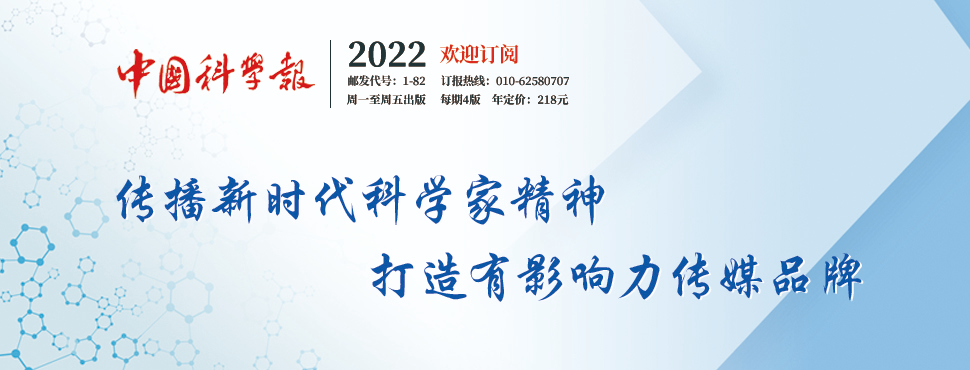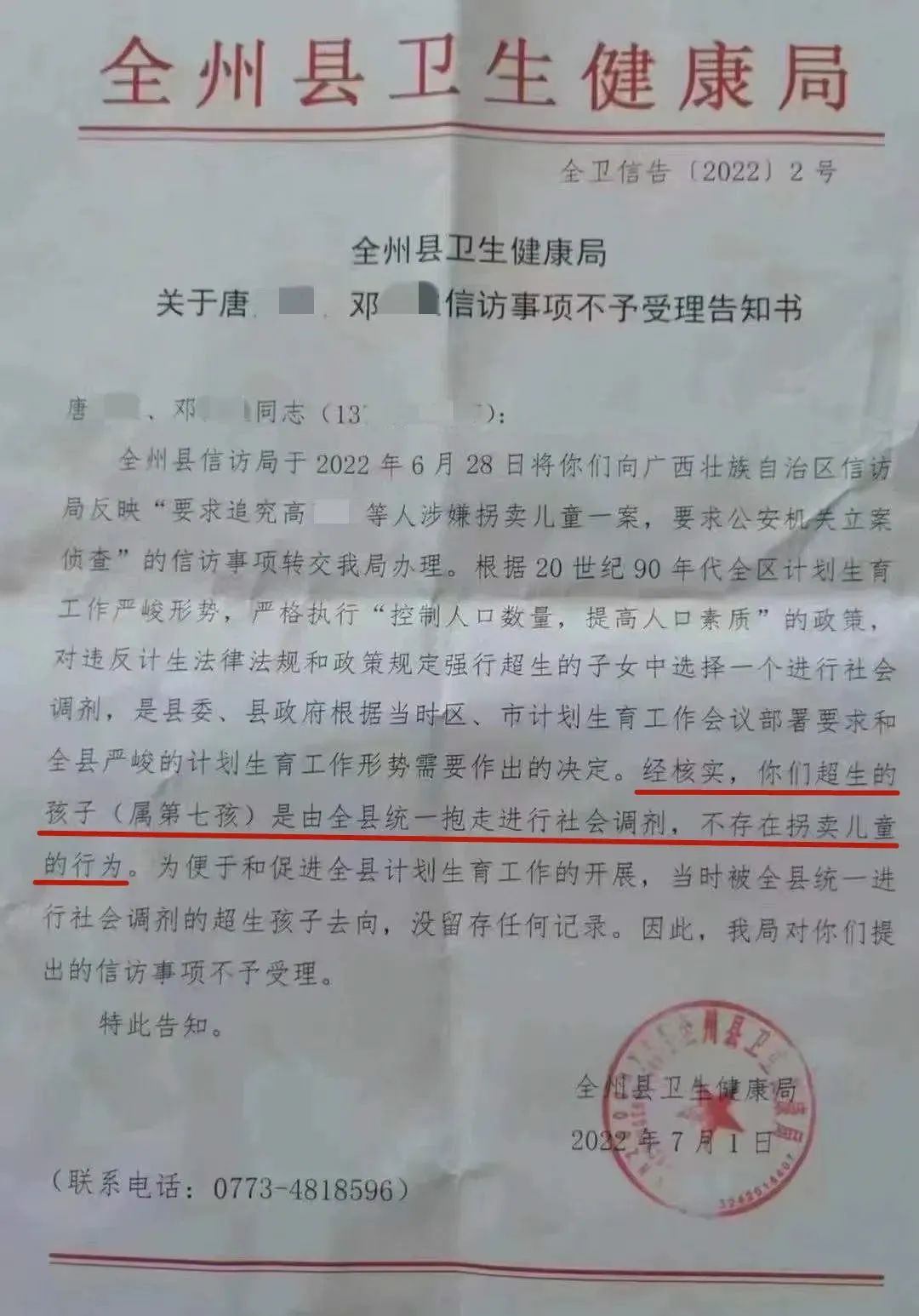Half -fertilized eggs died quietly!It has evolved for hundreds of thousands of years, and it ’s so difficult to have children to have children?
Author:Journal of China Science Time:2022.07.07
Text | Xu Rui
The latest research by British scientists shows that "selfish chromosomes" can explain why most human embryos have died early.
The study recently published in the "Public Science Library -Biology" explained why fish embryos survive well, and human embryo often cannot survive. The study is of great significance for infertility treatment.
Earlier studies have found that about half of the fertilized eggs died before people know. What's more unfortunately, even if the fertilized eggs survive, some people who have been confirmed to be pregnant will have a natural abortion after a few weeks, and it is quite common.
To this end, Laurence HURST, director of the Milner Evolution Center of the University of Bath, hopes to find out the reasons why human beings have evolved hundreds of thousands of years after hundreds of thousands of years have evolved.
Researchers have found that the direct cause of early death of the embryo is that the number of chromosomes is wrong. Under normal circumstances, 46 chromosomes should be available in fertilized eggs, 23 of which come from the mother of the mother, and the other 23 are sperm from the father.
"But the number of chromosomes of many embryos is not correct, usually 45 or 47, so almost all embryos die in the uterus. Even the 21 chromosomes such as Tang's syndrome have 3 copies of chromosomes. Nothing can not live to the full moon, "Hurst said.
So why is it so common and fatal to get more or lost a chromosome? Hurst summarized several clues.
First, the number of embryo chromosome is usually due to errors due to eggs, not sperm problems. In fact, the number of egg chromosomes over 70%is wrong.
Second, errors usually appear in the first step in the two steps of eggs. This step is easily disturbed by mutations. For example, mutations can sneak more than 50%of eggs in selfishly, destroying the spouse chromosome. This phenomenon has been verified on mice, and scientists suspect that humans also exist in this phenomenon, and are related to losing or increasing chromosome.
HURST noticed that in mammals, a "selfish mutation" tried to do this. Although it often ended in failure, it would cause more eggs or lost a chromosome.
However, because the fetus is fed and developed in the mother's uterus, the early stifling of those embryos developed from the defective eggs are beneficial compared to the development of the full moon -this choice means that the descendants of surviving are compared with the surviving representatives. The average level is better.
"The first step to produce eggs is strange. One in a pair of chromosomes enters the eggs and the other is destroyed. However, if the chromosomal‘ know ’in which it will be destroyed, it will not be afraid."
HURST said that molecular evidence shows that when some chromosomes detect that they will be destroyed in the first step, they will change their behavior to prevent damage, which may cause chromosomal loss or increase, as well as embryo death.
"'Self -sprouts' usually appears in the" brothers and sisters "of the embryo." HURST said that because embryo death is beneficial to other offspring of the mother, this mutation of the embryo is beneficial.
However, there are no problems in animals such as fish and amphibians.
"In more than 2,000 fish embryos, no chromosomal errors from the mother were found." HURST said that the probability of the above error in birds was also very low, about 1/25 of mammals. After the competition was incubated, not before hatching.
In contrast, chromosomal loss or increase is a problem for every mammal.
"Feeding offspring in the uterus is an unfavorable approach. If they die early, the survivors will benefit. This makes mammals easily affected by mutations." Hurst said.
In HURST's opinion, human beings are indeed particularly fragile. In mice, embryo death provides resources for survivors in the same nest, so that the survival opportunities of other mice will increase by about 10%. However, human beings usually have only one child at a time, and the death of early embryos enables the mother to breed quickly. During this time, the mother may not even know that their eggs have been fertilized.
Preliminary research data shows that a mammal like a cow had only one child at a time, the mortality rate caused by chromosomal errors was particularly high, and the mammal mammals such as mice and pigs were low.
HURST's research also shows that a low level of protein called BUB1 may cause human and mouse chromosome loss or increase.
"With the growth of the mother's age and the incidence of embryo chromosome problems, the level of BUB1 will decrease. Identify these proteins and improve their levels of age in elderly mothers." HURST said, "I hope these insights can help to help Those women with difficulty or repeated abortion. "
Related thesis information:
https://doi.org/10.1371/journal.pbio.3001671
"China Science News" (2022-07-07 No. 2 Edition International)
Edit | Zhao Lu
Capture | Zhihai

- END -
Superborn children are "uniformly hugged for social adjustment"?Guilin officially reported that many people were suspended!Guangxi sent working group

On the morning of July 5th, a letters and visits of the Health and Health Bureau o...
"5.29 Member Activity Day" "I Love My Family -Happiness Moment" solicitation activity (9)
@爱 我: I love my house -happy moment image solicitation activity starts! Click to understand the activity detailsDuring the Member Activity Day of the National Family Planning Association, in ord